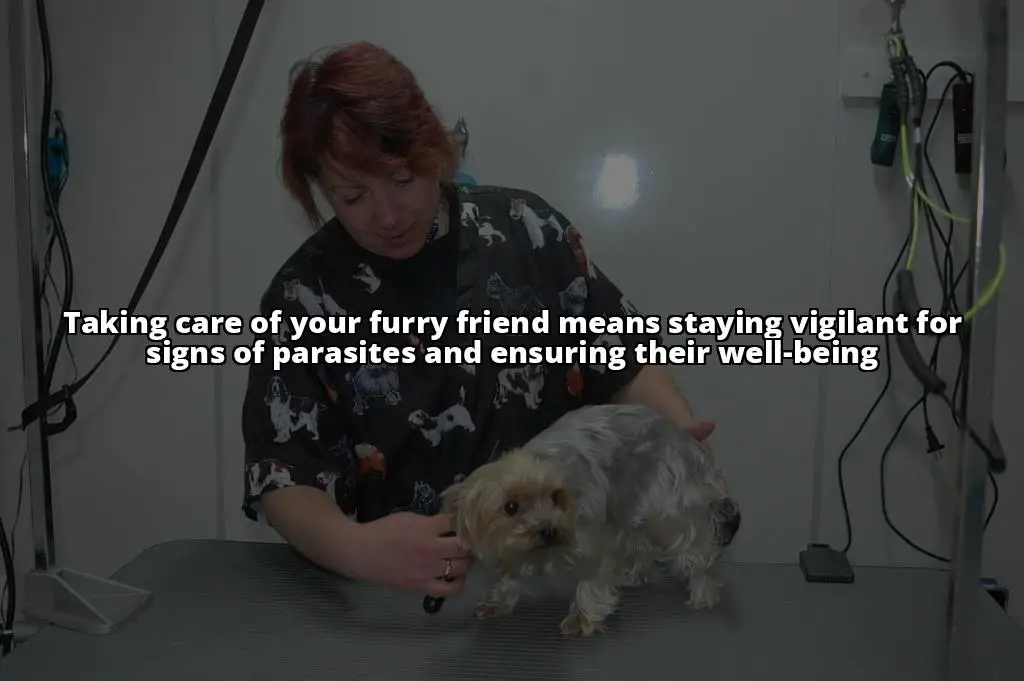Worms in Dogs: How to Treat and Prevent Them
When it comes to worms in dogs, it's not just about nuisance; it's a significant health risk. Witnessing a dog with worms in its poop can be alarming, emphasizing the need for informed and proactive measures. In this article, we present essential information upfront, followed by detailed insights, to help you understand, prevent, and treat worms in dogs effectively.
Understanding Worms in Dogs
Common Culprits: The Five Types
Intestinal parasites, often referred to as worms, are an unwelcome aspect of pet ownership. The primary villains residing in a dog's digestive tract include roundworms, tapeworms, hookworms, whipworms, and heartworms. These parasites are more than just irritants; they can lead to severe health problems, including weight loss and malnutrition.
Recognizing Worm Infestation: Signs and Symptoms
Worm infestations may initially manifest subtly, but vigilance is key. Be on the lookout for:
- Visible worms or eggs in the feces (unpleasant but crucial to notice).
- A bloated stomach or sudden weight loss.
- Diarrhea, possibly with blood.
- Vomiting, occasionally containing worms.
- Changes in appetite, ranging from ravenous hunger to food disinterest.
- A dull, lifeless coat.
- Scooting or rear-end rubbing due to irritation.
Tracing the Source: Understanding How Dogs Get Worms
Dogs can contract worms from various sources, including contaminated soil, infected feces, fleas, or even during birth or nursing. Recognizing that dogs are naturally curious creatures highlights the potential for worm infestations, particularly when they explore parks and other outdoor environments.
Confirming the Issue: The Significance of Diagnosis

If you suspect your dog has worms, seeking veterinary assistance is essential. Diagnosis typically involves a fecal examination to identify the specific worm type infesting your dog. This isn't a DIY task; professional expertise is required to detect eggs or larvae under a microscope.
Insider Tip: Regular fecal checks are a cornerstone of preventative pet healthcare. Don't wait for symptoms to emerge; consider a fecal examination proactively.
The Path to Recovery: Treatment Options
Once diagnosed, treating worms in dogs usually involves oral or injectable medications designed to eliminate the parasites. Different worm types require specific medications, often necessitating multiple doses for complete clearance. Administering these treatments, though not pleasant, is a critical step towards recovery.
For detailed treatment information, The American Kennel Club offers a comprehensive guide with expert-backed advice.
Insider Tip: Regular fecal checks are a cornerstone of preventative pet healthcare. Don't wait for symptoms to arise before considering a fecal examination.

Preventing Future Infestations: Safeguarding Your Canine's Well-being
Prevention is the key to success in the battle against worms. Implement these strategies to keep unwanted guests away from your furry companion:
- Regular deworming, especially for puppies.
- Scheduled fecal examinations by your vet.
- Effective flea control, as fleas can carry tapeworm eggs.
- Timely disposal of dog feces, especially in shared spaces.
- Avoiding areas known for worm egg or larvae contamination.
- Ensuring your dog avoids consuming wildlife or carcasses that may be infected.
Insider Tip: Prevention extends beyond medication; it encompasses management, emphasizing a clean environment and sound hygiene practices.
Immediate Action: When to Contact Your Veterinarian
The moment you notice any sign, whether a worm in your dog's poop or any listed symptoms, contact your veterinarian promptly. Timeliness is crucial; early intervention improves the chances of a complete recovery.
In addition to these measures, educating yourself further on the subject is valuable. The Centers for Disease Control and Prevention website provides insights into the relationship between human health and parasitic infections from pets.
In Conclusion
Worm infestation in dogs demands attention and proactive measures. Through knowledge and unwavering commitment to your pet's well-being, you can conquer the battle against worms.
Remember, addressing worms in dogs goes beyond curing an illness; it's about preserving the happiness and health of a cherished family member. Keep a watchful eye, practice preventive measures, and consult your veterinarian at the first sign of trouble.
Legal Disclaimer: This article serves informational purposes only and does not constitute medical advice. Always consult a qualified veterinarian for queries regarding your pet's health.
Frequently Asked Questions
Q: What is a common sign of a dog with a worm in its poop? A: A common sign of a dog with a worm in its poop is seeing live worms in the feces.
Q: How can I tell if my dog has a worm in its poop? A: You can tell if your dog has a worm in its poop by visually inspecting the feces for any signs of worms.
Q: Who should I contact if I suspect my dog has a worm in its poop? A: Contact your veterinarian if you suspect your dog has a worm in its poop for proper diagnosis and treatment.
Q: What should I do if I find a worm in my dog's poop? A: If you find a worm in your dog's poop, collect a sample and bring it to your veterinarian for identification and treatment.
Q: How can I prevent my dog from getting worms in its poop? A: Prevent your dog from getting worms in its poop by regularly deworming and maintaining good hygiene.





Comments